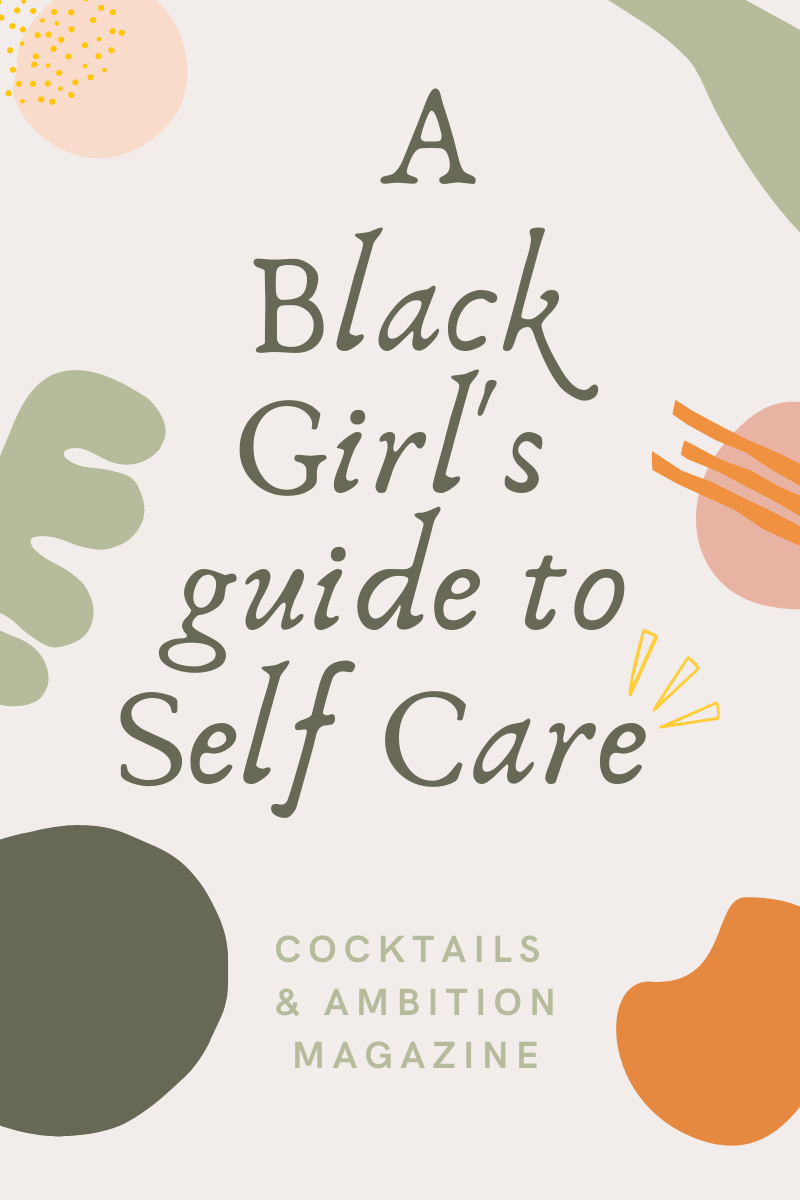In my early teenage days, I would earnestly try to mimic my Grandmother’s tone, body language and pretty much everything about her. One day I sat and watched her talk to a friend about how simple it was to get a job in her day. She had such a memorable deep concern woven into her eyes.
 The landscape of higher education has taken a drastic turn. Before 1978 student loans in the US were offered to families earning less than 15k per year. Between 2002- 2012 the cost of higher education increased by 65%. Today the economy has 1.2 trillion dollars in school loan debt. Unfortunately, the cost of education is disproportionately higher than wage inflation.
The landscape of higher education has taken a drastic turn. Before 1978 student loans in the US were offered to families earning less than 15k per year. Between 2002- 2012 the cost of higher education increased by 65%. Today the economy has 1.2 trillion dollars in school loan debt. Unfortunately, the cost of education is disproportionately higher than wage inflation.
So what does this mean for us? It’s time we start approaching education from the mindset of a consumer. Let’s go through a few steps to get you a return on your investment.
Identification
A 2012 Georgetown University study pointed out that not all degrees are created equal. If you want to maximize your income, it’s a good idea to identify degrees with job prospects that pay well. If you’re interested in a field with a lower graduate starting salary or fewer job opportunities, it’s important to have a solid plan to get ahead of the employment market.
Use a degree to earnings ratio
First work out the overall cost of the degree, subtracting any scholarships and grants. Then determine the median annual income using a site like Salary.com. Once this is figured out, how does the cost of your degree look in comparison to what you could potentially make? There are a few other concepts that are relevant to this ratio. One of which is your desired lifestyle and how it will affect your ability to pay or overpay your student debt.
Don’t trade rejection for being a habitual student
Sometimes people pursue a second degree or further education and the underlining emotion driving their decision is fear. Fear that they need more education to get a job and despair that they need to do something because they can’t find a job. Fear is crippling; it limits our ability to rationalize, grow and live out our dreams. Carefully consider whether going back to school will indeed improve your career outlook.
Have a Career Strategy
I’ve seen first hand as a community partner that some career centers at Colleges are underutilized. Granted there are limitations around what they offer but to make the most of your degree; it’s a good idea to spend time focusing on the outcome – employment. If you’re currently in College, develop Career goals for each year of your study, gain more work experience than required and build quality relationships with those in your class that show ambition and drive. It is said that we are the average of the 5 people we spend the most time around.
Put entrepreneurship into practice
You don’t need to wait until you have your degree to start putting your skills to use. A service-based business is known to be one of least complicated to start. Pick a valuable skill and start expanding your knowledge behind the content of your degree. I know it can be hard to juggle exams and the demands of College life, but it’s good preparation for getting into the habit of practicing career development once you graduate. If you have already graduated then starting a small service based business is a good way to generate more from your degree.
Regardless, of how you choose to make your degree work for you the way to truly maximize your income is to do something you love.

Rachel was a lost BA (Hons) Fashion Promotion graduate who ended up teaching in Japan and South Korea. Since 2009 she has been living out her primary calling. Rachel has helped countless clients make wise career choices, get the job they deserve and identify and achieve their life goals. Visit The Career Bean and get a FREE comprehensive cover letter guide upon joining her “superstar” Career Bean goodies.




